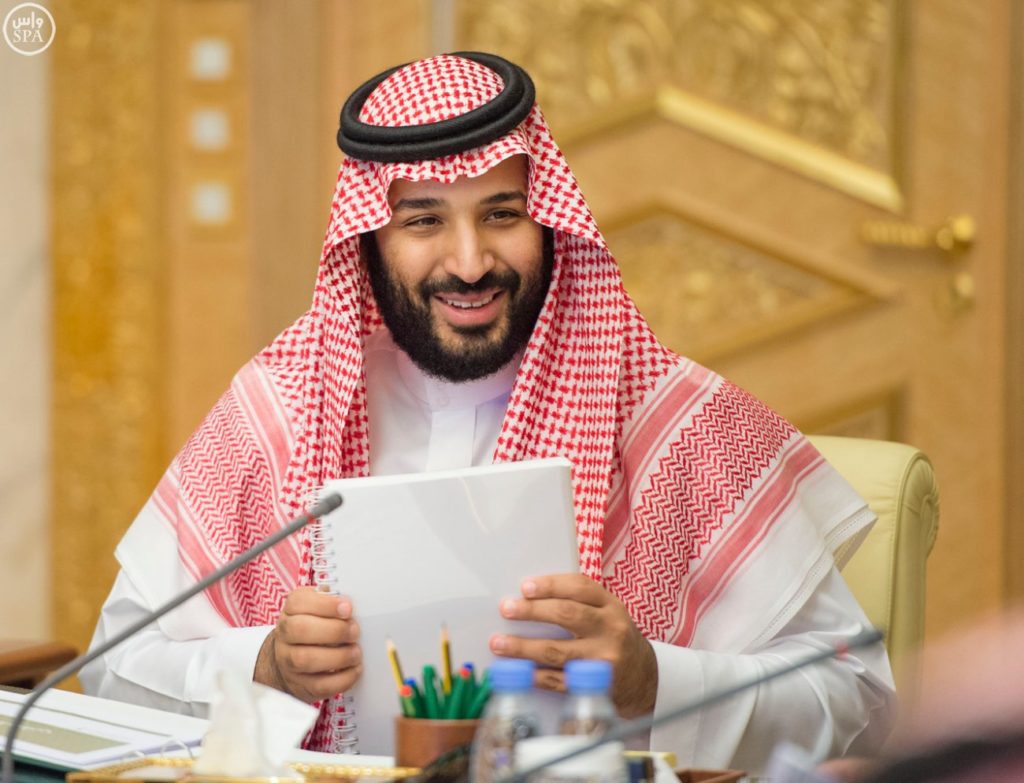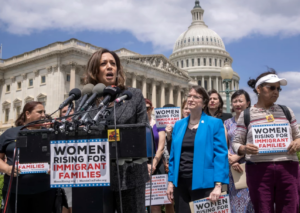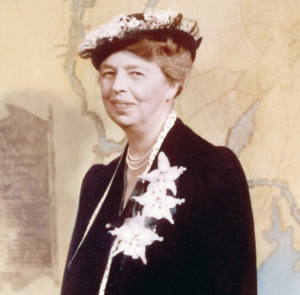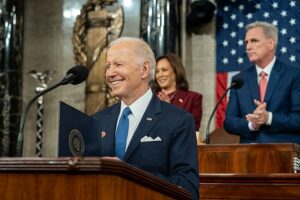Unfazed by Critics, the Crown Prince Reigns

 Prince Mohammed Bin Salman | Photo courtesy Saudi Press Agency
Prince Mohammed Bin Salman | Photo courtesy Saudi Press Agency
On September 26, 2017—led by Crown Prince Mohammad bin Salman—Saudi Arabia issued a Royal Decree allowing women to drive. While the young Prince’s supporters and profile continue to rise, his ascension has not been without criticism. Nonetheless, his progressive vision of a modernized Saudi Arabia has inspired a new generation ready for change.
Born into the royal Al Saud family that has ruled Saudi Arabia for over 300 years, Prince Mohammad has the pedigree to be king. He was educated at King Saud University and has worked as a legal consultant for the Bureau of Experts, considered the highest legal authority in Saudi Arabia. He has acted as the Secretary General of the Royal Court, and currently holds the positions of the Minister of Defense and Chairman of the Council for Economic and Developmental Affairs (CEDA). Considered a symbol of the future, Prince Mohammad has already implemented major change in Saudi Arabia.
In 2011, he created the MiSK Foundation to promote innovation and education opportunities for youth. The foundation established a school that cultivates learning, development, and progress in the areas of business, culture, literature, and technology. In September 2016, the government cut military and ministers’ salaries and scaled back financial benefits for public sector employees to save money during the time of low oil prices. Acting as the chairman of the CEDA, the Prince had these wages restored seven months later. That same year, he established the General Entertainment Authority, to expand the country’s entertainment sector and provide more entertainment options for the Saudi people. Its main initiative is the Red Sea Project, which will comprise of 10,000 islands off the western coast of the country, it will be free of religious restrictions and open to the world as a tourist destination. Additionally, to provide relief from a restrictive society, Prince Mohammad influenced the decisions to limit the authority of the religious police and reverse a longstanding policy to allow women to drive.
Despite his many achievements, Prince Mohammad faces huge opposition from extremists and Arab right wing groups who oppose his push towards a more progressive Islamic identity. The older generation of Saudis believe his assent has undermined Prince bin Nayef and disapprove of his sudden rise and growing influence. Foreign detractors believe he lacks proper foreign experience and question his ability to effectively rule Saudi Arabia.
Much of Prince Mohammad’s disapproval in the United States stems from the $110 billion arms deal he helped negotiate with President Trump. Critics believe the weapons will be used to exacerbate the war in Yemen while Saudi officials contend the deal will enable the country to improve its defensive capabilities and maintain a military edge over its neighbors. The deal is a sign of a strengthened relationship between the U.S. and Saudi Arabia. It commits Saudi Arabia to buy U.S. military equipment and hire U.S. companies to manufacture equipment in Saudi Arabia, ultimately creating many highly skilled and well-paying jobs.
Prince Mohammad also faces criticism for his economic plan titled Saudi Vision 2030, which aims to reduce Saudi Arabia’s dependence on oil exports and diversify its economy. The vision is to expand the country’s manufacturing base, invest in mineral resources, establish a tourism and leisure industry, increase investments in the digital technologies, further develop women as a labor force and create a country dedicated to renewable energy. Although it was described by the Middle East Forum as a marketing ploy that is not financially viable. The plan has already prompted substantial changes. In a short time, the Saudi government has cut subsidies on oil products, increased gas prices by fifty percent, replaced top ministers and restructured government bodies.
As the Minister of Defense, Prince Mohammad has overseen the war against the Houthi rebels in Yemen. Human rights groups accused him of war crimes after he ordered blockages and airstrikes. The allegations continued as the country faced a famine and cholera crisis. Despite the backlash, Prince Mohammad has remained steadfast in his quest to help Yemen’s government restore power. The Saudi military supports Yemen to prevent the Houthi rebels from seizing control. His goal is to aid the people of Yemen and help stabilize the region. To increase Saudi Arabia’s humanitarian support, he recently donated $66.7 million, having already provided millions of dollars in food and medical supplies.
Additionally, Prince Mohammad recently led the charge for Saudi Arabia and several members of the Gulf Cooperation Council to sever ties with Qatar. Saudi Arabia, Egypt, UAE, and Bahrain suspended land, sea and air traffic, and issued a 13-point list of demands to Qatar. This has caused some to label the Prince a bully. Qatar is a small but rich nation that has long faced criticism for supporting various terrorist groups. It financially supports the Hamas-controlled Gaza Strip, and Qatar is also home to many terrorist refugees. The Prince’s methods have been called harsh, but decisive measures are necessary to prevent the funding of terrorism, combat extremism and help maintain Arab and global security. Unrelenting anti-terrorism efforts and bold policy moves have gained him many admirers.
At the ripe age of 32, Prince Mohammad’s resume rivals that of experienced world leaders. His progressive initiatives have won him the support of Saudi youth and many throughout the Middle East. This is unchartered territory, so criticisms will arise throughout Saudi Arabia’s journey toward modernization. However, with his poise, pedigree, and passion, Prince Mohammad bin Salman has shown he is the man to lead the way.
Assel Aljaied is a Saudi Arabian lecturer and trainer working for the Institute of Public Administration (IPA). He is a criminal law lecturer and cybercrime expert, who trains government employees in various aspects of criminal law. As a legal correspondent, he has published over twenty articles in leading Saudi Arabian newspapers. Mr. Aljaied has a Bachelor’s in Law from King Abdulaziz University, a Master’s in Law from Wake Forest University School of Law, and is currently obtaining a Doctor of Juridical Science (SJD). While at Wake Forest, he has worked in Nicaragua as a student clinician providing counsel for U.S. federal food safety and import regulations, and drafting legal memoranda to address various legal needs. In 2016, he was awarded an entrepreneurial fellowship from Wake Forest University’s Center for Innovation, Creativity and Entrepreneurship. Upon completion of his S.J.D., Mr. Aljaied will hold the position of Assistant Professor at IPA.






